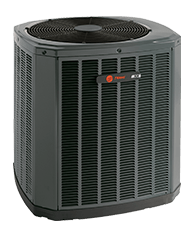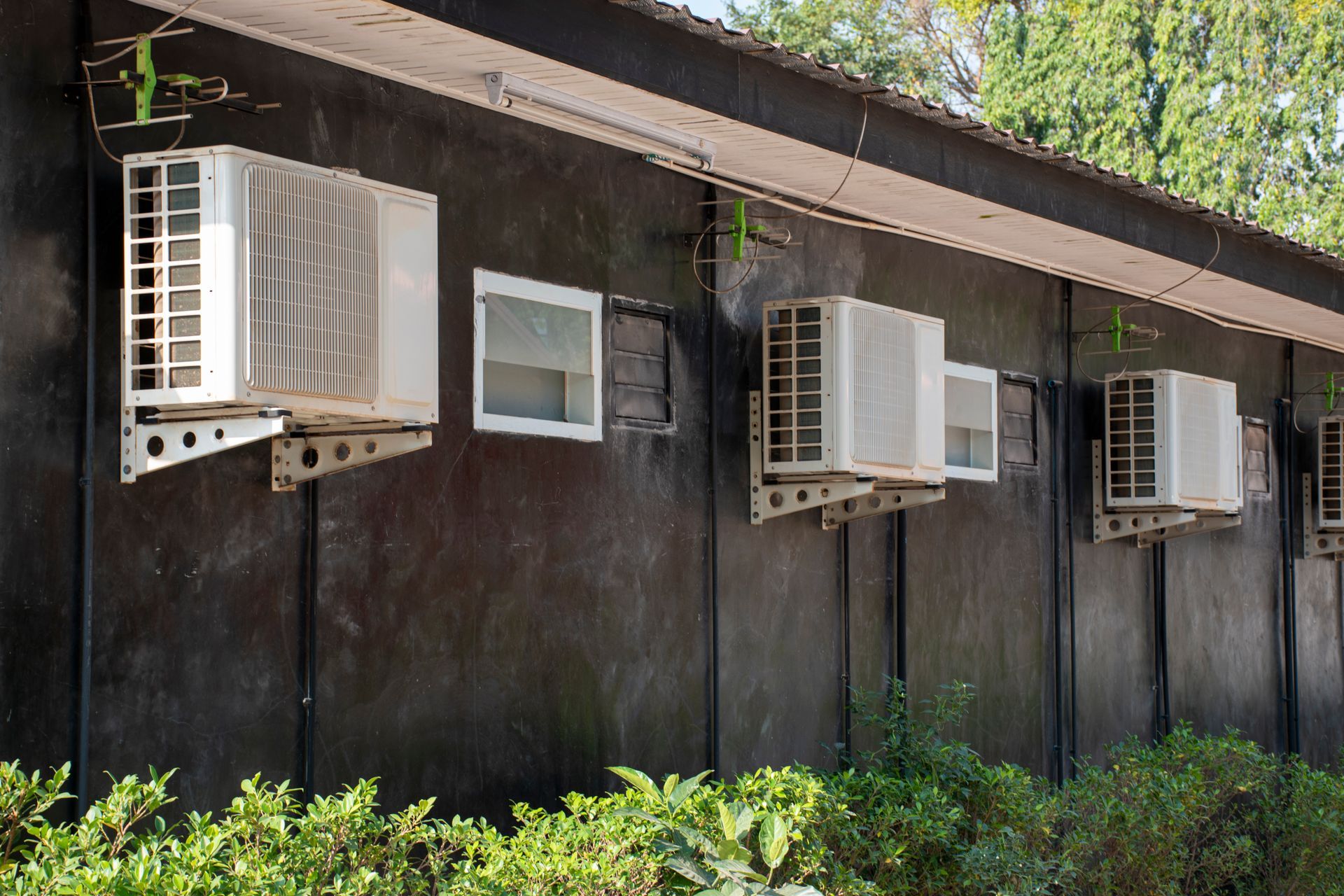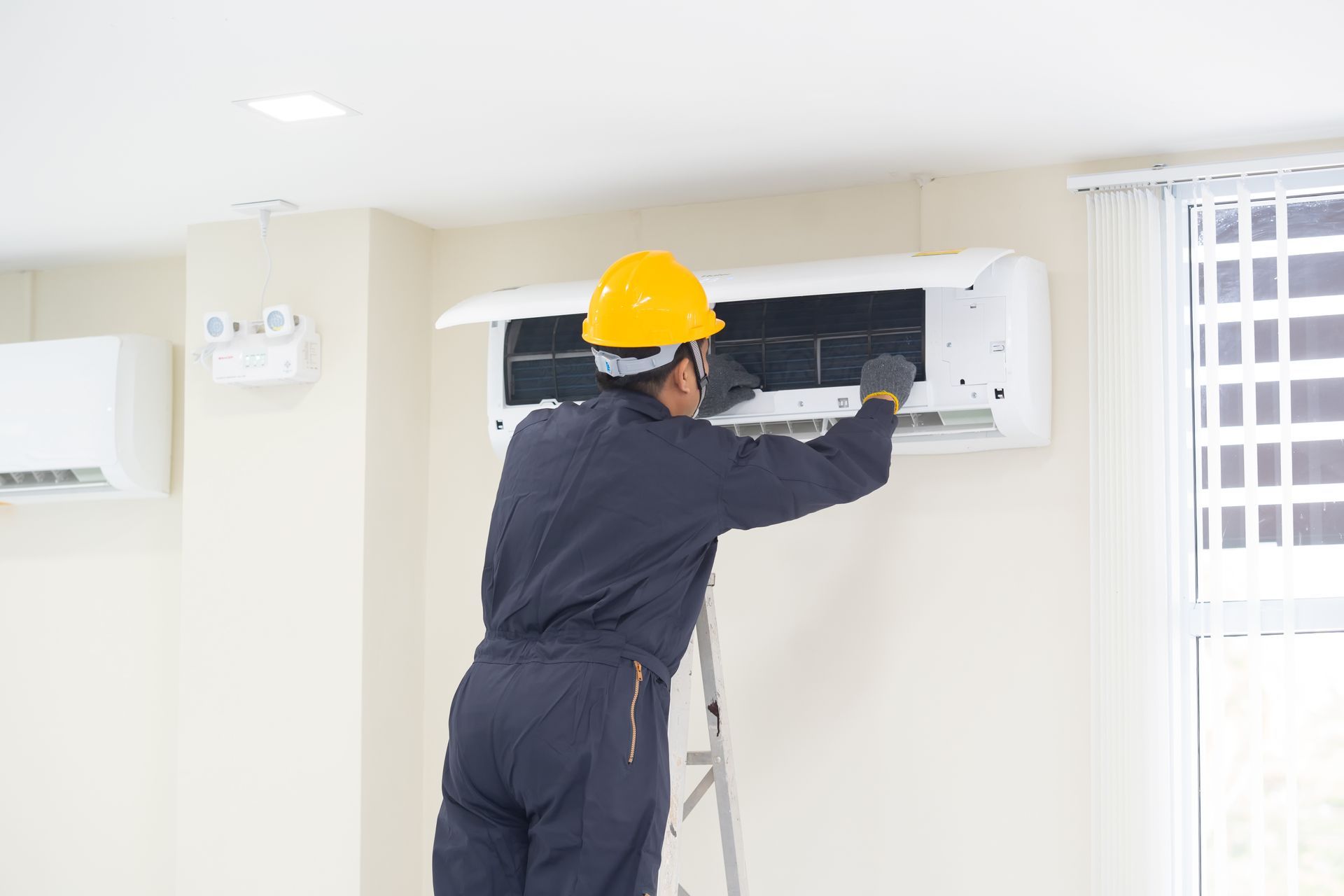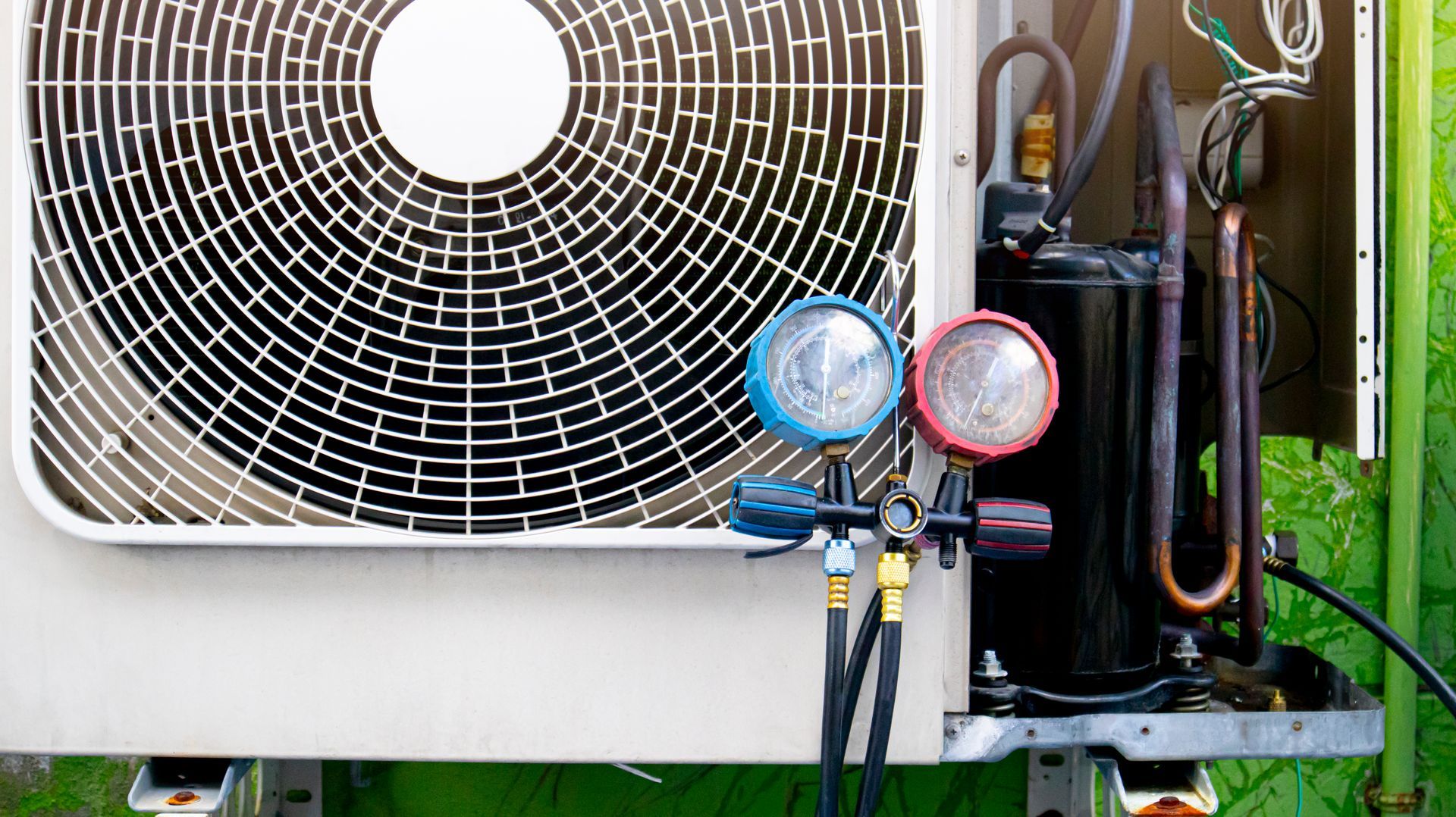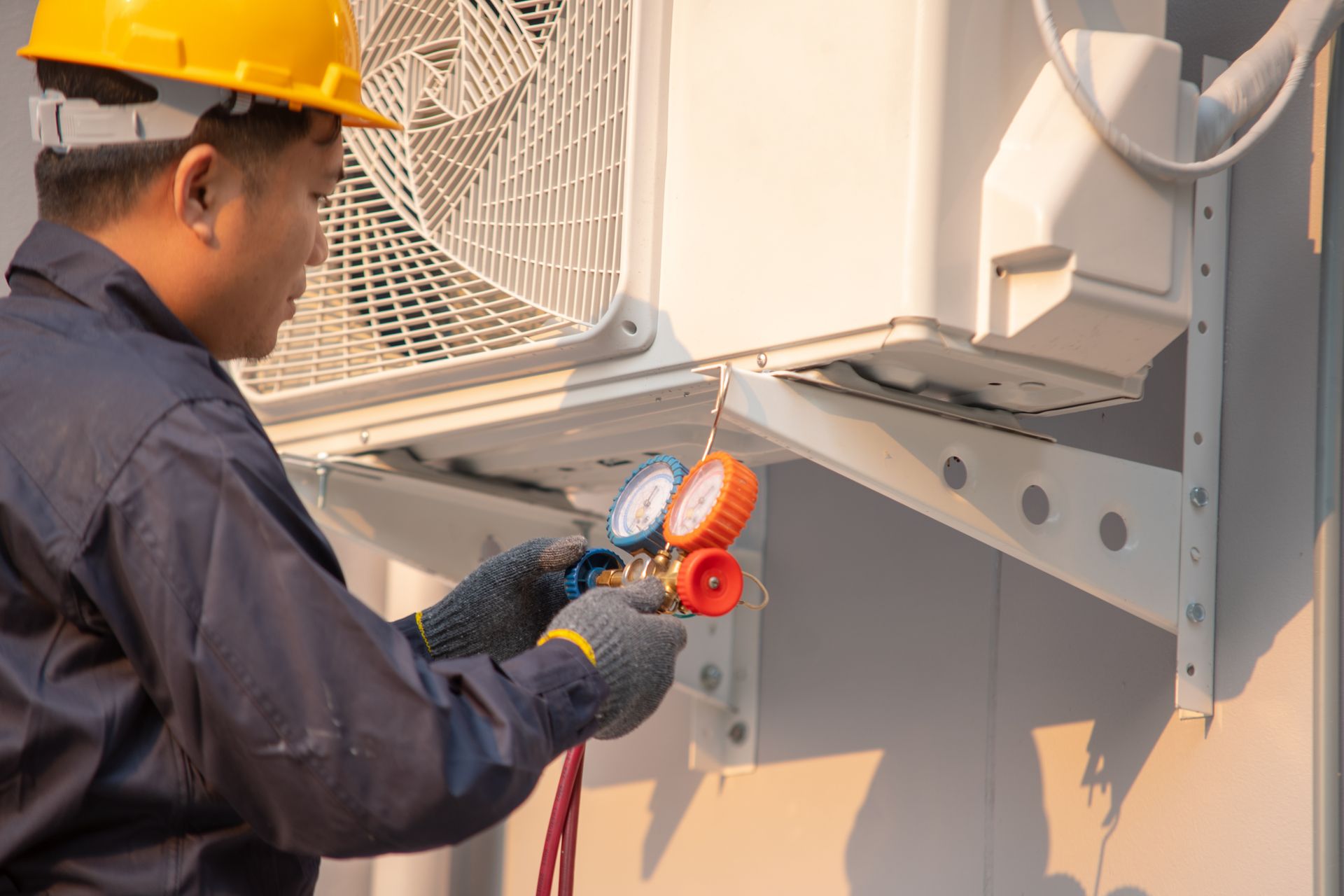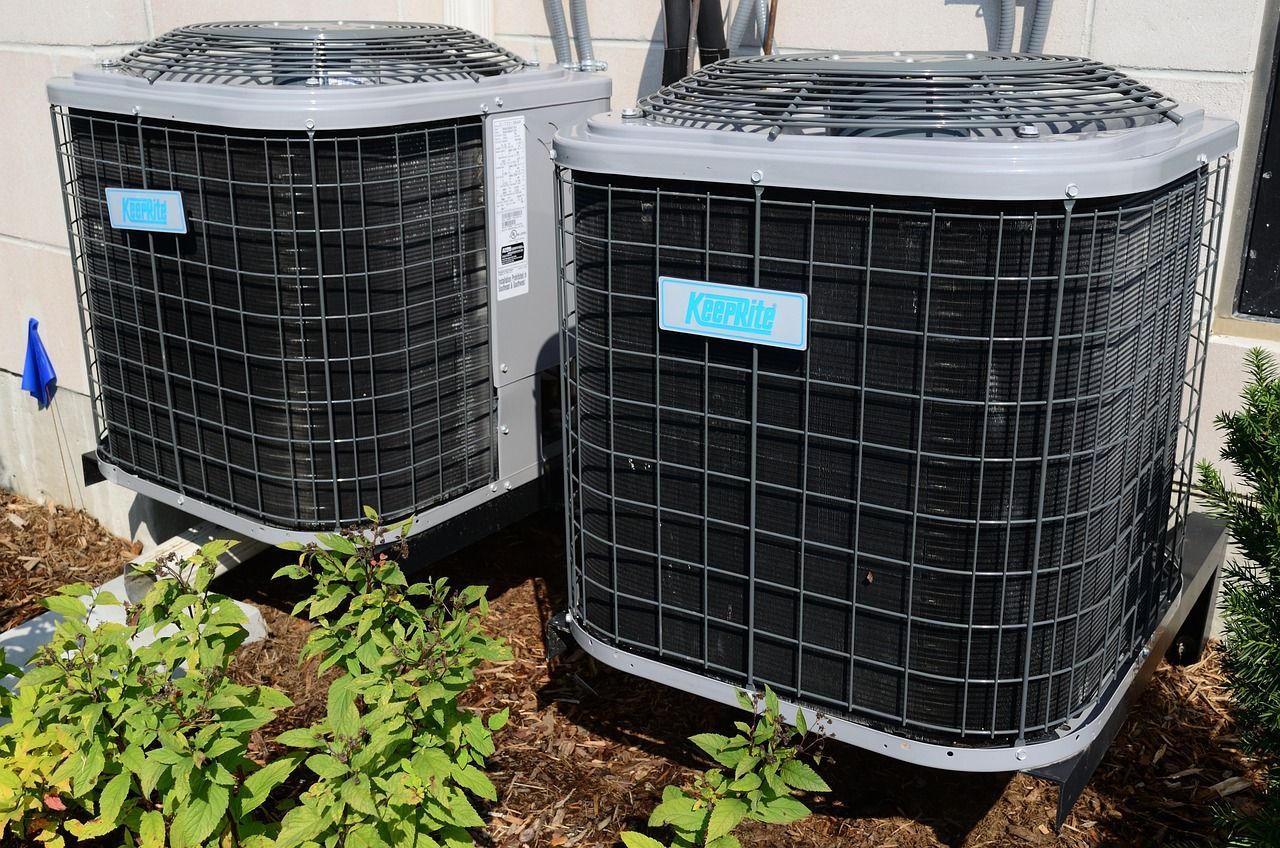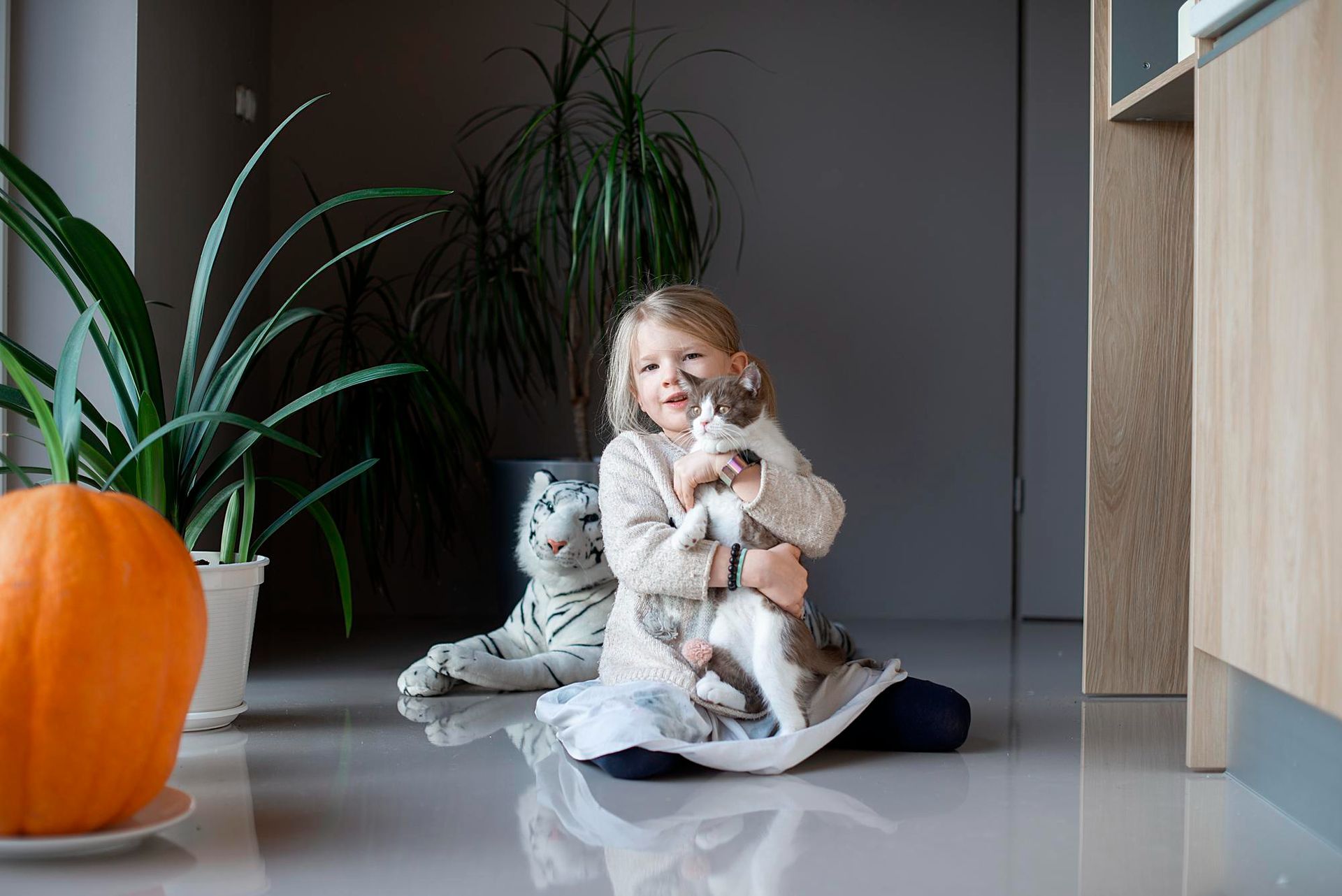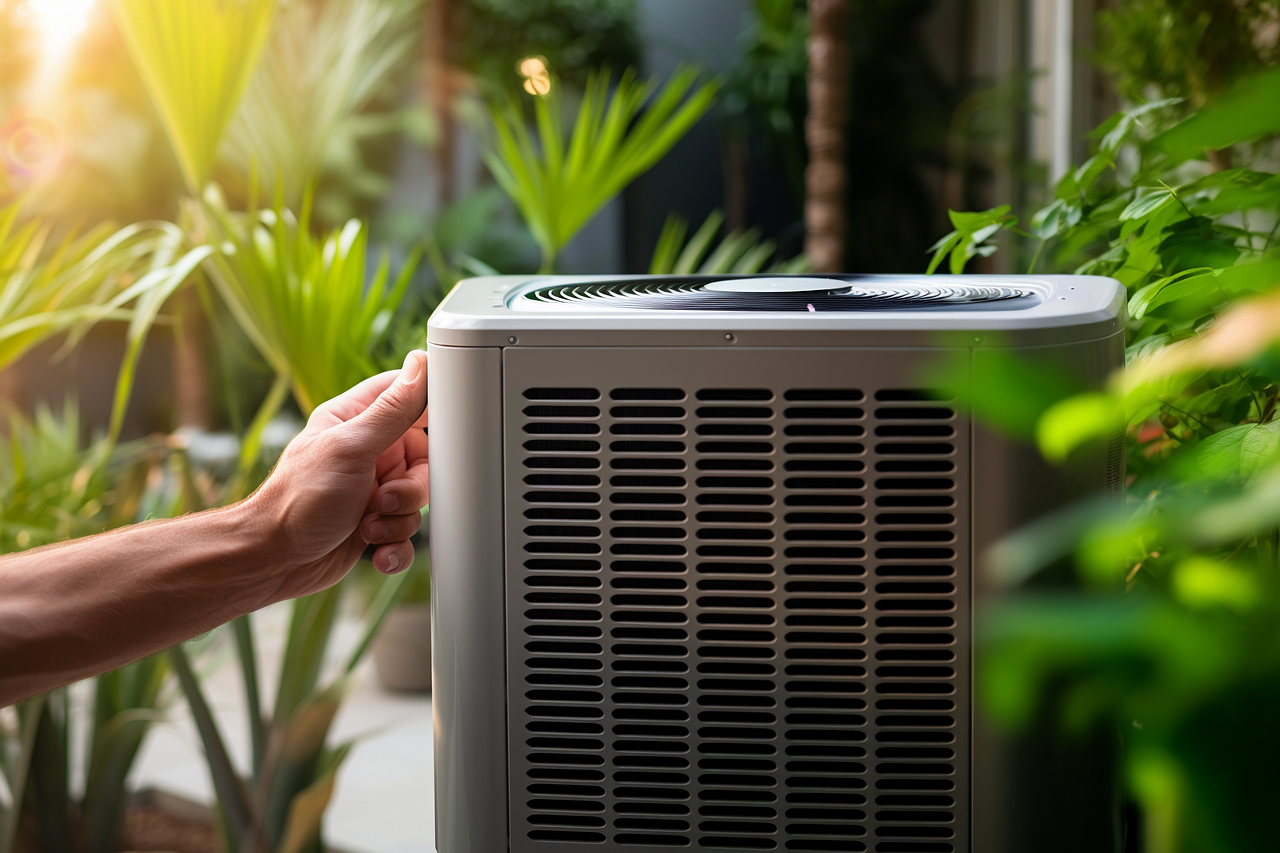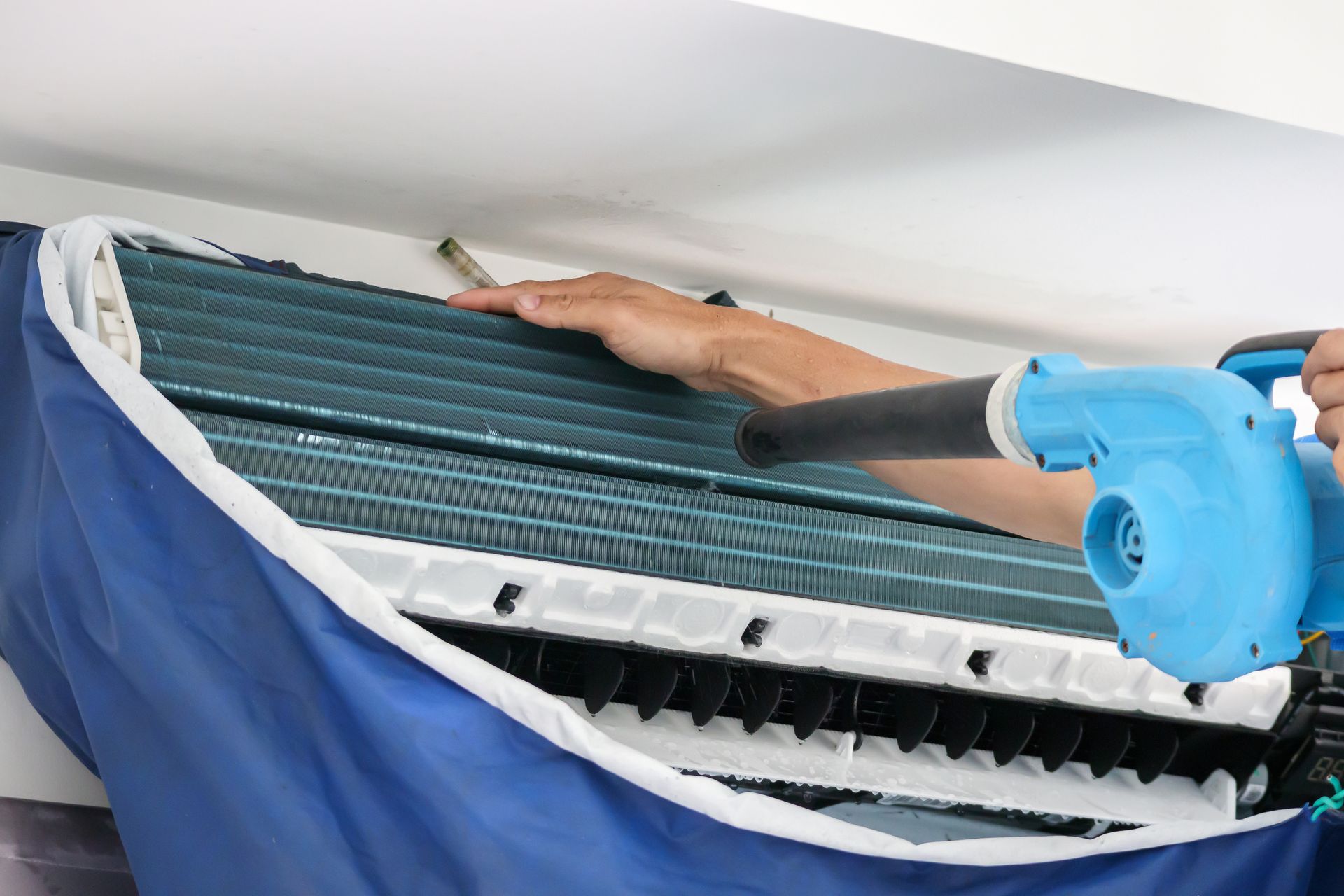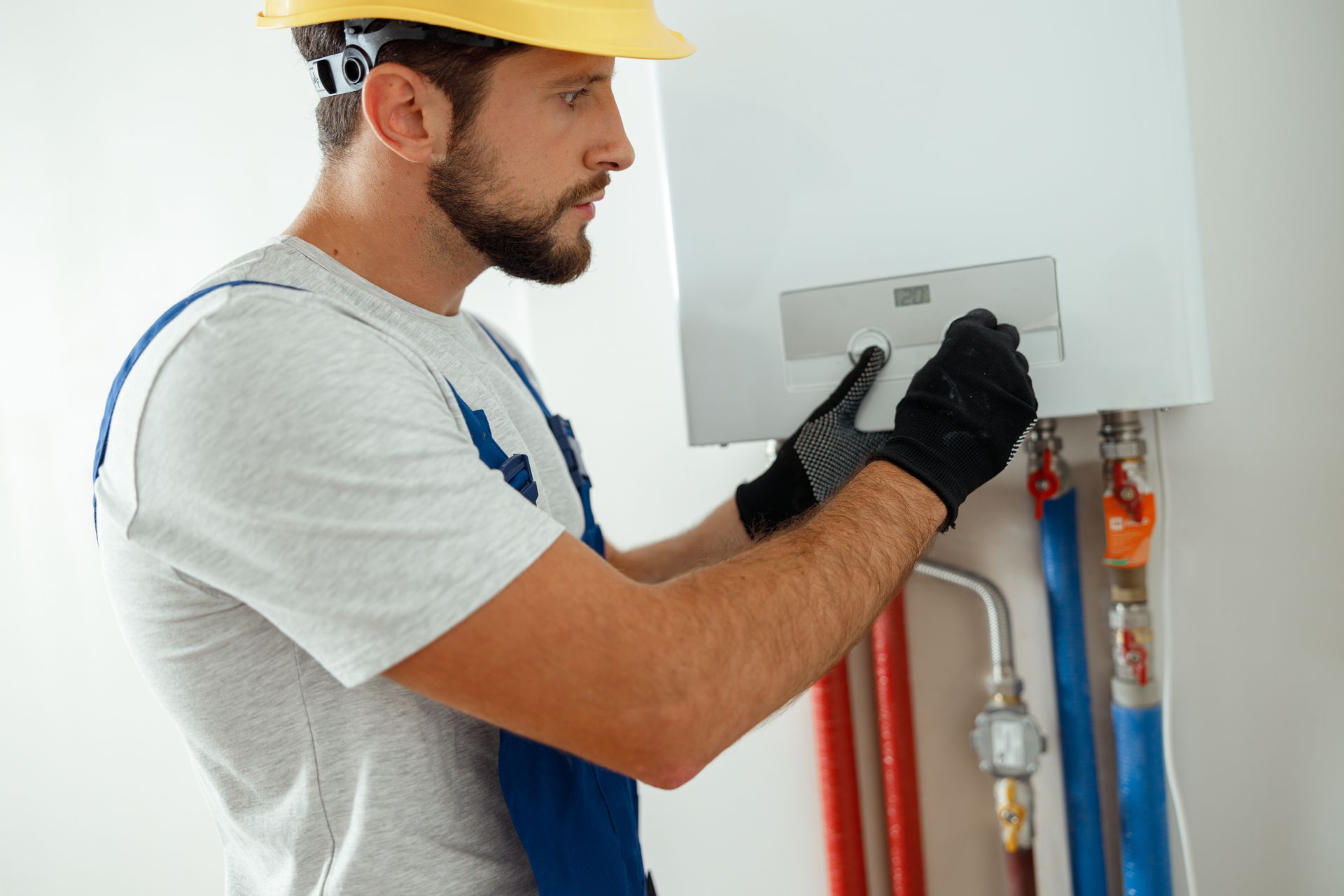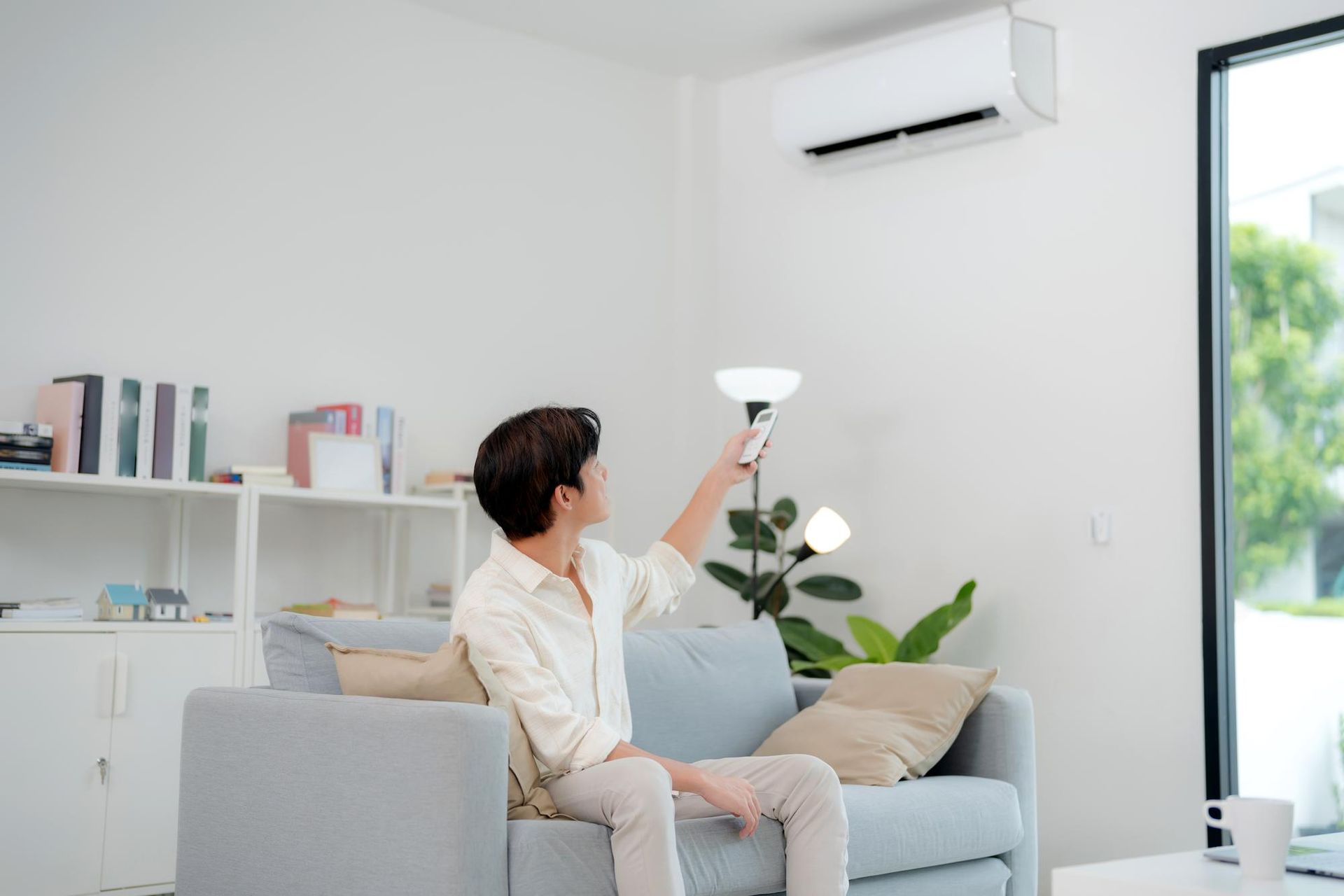Breathe Easy: The Surprising Benefits of Good Indoor Air Quality for Your Children and Pets
In our quest for a safe and healthy home, we often overlook one crucial factor: indoor air quality. The air we breathe indoors can significantly impact our well-being, especially for the most vulnerable members of our household—children and pets. With their developing immune systems and frequent contact with the ground, children and pets are particularly sensitive to airborne pollutants that can accumulate indoors. Poor indoor air quality can lead to a host of health issues, from aggravating allergies to triggering respiratory conditions like asthma. On the other hand, maintaining clean, fresh air indoors can greatly enhance overall health, comfort, and quality of life. At
Xtreme Air, Inc., we understand the importance of good indoor air quality and are dedicated to providing solutions that safeguard your loved ones. In this blog post, we will explore the many benefits of maintaining high indoor air quality, particularly for children and pets, and how we can help you create a healthier living environment.
The Impact of Poor Indoor Air Quality
Health Risks for Children
Children are more susceptible to the effects of poor indoor air quality due to their smaller body size, developing respiratory systems, and faster breathing rates. This makes them more vulnerable to airborne contaminants such as dust mites, mold spores, pet dander, and volatile organic compounds (VOCs). These pollutants can exacerbate conditions such as asthma and allergies, leading to symptoms like coughing, sneezing, itchy eyes, and even difficulty breathing. In some cases, prolonged exposure to poor air quality can contribute to the development of chronic respiratory diseases and affect cognitive development. Moreover, children spend a significant amount of time indoors, whether at home or in educational settings, further increasing their exposure to potential indoor air pollutants. Ensuring good indoor air quality is crucial for protecting their health and well-being.
Health Risks for Pets
Just like children, pets are highly sensitive to indoor air pollutants. Dogs and cats, in particular, spend most of their time indoors, where they are continuously exposed to various contaminants. Poor air quality can lead to a range of health problems in pets, including respiratory issues, skin irritations, and the exacerbation of pre-existing conditions like allergies or asthma. Smaller pets, such as birds and rodents, are even more sensitive to air quality issues. Birds, for example, have highly efficient respiratory systems that can be easily harmed by airborne toxins, leading to severe health complications or even death. Additionally, many pets groom themselves by licking their fur, potentially ingesting harmful particles that settle on their skin and coat. Therefore, maintaining good indoor air quality is essential not only for their respiratory health but also for their overall well-being and longevity.
Benefits of Good Indoor Air Quality
Improved Respiratory Health
One of the most significant benefits of good indoor air quality is the improvement in respiratory health for both children and pets. Clean air reduces the presence of airborne irritants and allergens, which are common triggers for respiratory conditions. By minimizing exposure to pollutants such as dust, mold spores, and pet dander, individuals with asthma or allergies experience fewer flare-ups and symptoms. Children, whose lungs are still developing, benefit immensely from breathing clean air, as it helps protect against infections and supports healthy lung development. Similarly, pets, especially those with respiratory conditions, can breathe more comfortably and enjoy a better quality of life. Ensuring clean indoor air can prevent respiratory infections, reduce the frequency of asthma attacks, and alleviate chronic coughing or wheezing, making daily life more comfortable and healthier for everyone in the household.
Enhanced Immune System
Maintaining good indoor air quality also plays a crucial role in enhancing the immune system. Children and pets with strong immune systems are better equipped to fight off infections and illnesses. Exposure to airborne pathogens, such as bacteria and viruses, can weaken the immune system, making individuals more susceptible to colds, flu, and other respiratory illnesses. By reducing the presence of these harmful particles in the air, you can help bolster the immune defenses of your family members. Clean indoor air contributes to a healthier environment, reducing the overall microbial load and the risk of spreading infections. For pets, a strong immune system is vital for fending off common diseases and maintaining a vibrant, healthy coat. Investing in good indoor air quality not only improves immediate health but also supports long-term wellness by fostering a resilient immune response.
Better Sleep Quality
Good indoor air quality has a direct impact on sleep quality, which is vital for the growth and development of children and the well-being of pets. Breathing clean air during sleep helps reduce the occurrence of snoring, coughing, and other respiratory disturbances that can disrupt restful sleep. For children, uninterrupted sleep is crucial for physical growth, cognitive development, and emotional regulation. A restful night’s sleep supports memory consolidation, learning, and overall mental health, leading to happier and more energetic days. For pets, particularly those prone to respiratory issues, clean air can prevent nighttime coughing or difficulty breathing, allowing them to rest peacefully. Ensuring good indoor air quality creates a comfortable sleeping environment, promoting better rest and recovery for all household members. This not only improves daily mood and performance but also supports overall health and well-being.
Practical Steps to Improve Indoor Air Quality
Regular HVAC Maintenance
Maintaining your heating, ventilation, and air conditioning (HVAC) system is crucial for good indoor air quality. Here are some key steps:
- Clean and replace air filters: Air filters trap dust, pollen, and other particles. Over time, they can become clogged and lose efficiency, recirculating pollutants instead of trapping them. It's important to check and replace filters every 1-3 months, depending on factors like the presence of pets, allergies, and the type of filter used.
- Duct cleaning: Over time, dust and debris can accumulate in the air ducts, reducing the efficiency of your HVAC system and circulating contaminants throughout your home. Professional duct cleaning helps remove these buildups, ensuring clean air circulation and improving system efficiency.
Use of Air Purifiers
Air purifiers are an effective way to enhance indoor air quality by removing pollutants from the air. Consider the following:
- HEPA filters: High-Efficiency Particulate Air (HEPA) filters are capable of capturing tiny airborne particles, including allergens, pet dander, and dust mites. They are highly effective in reducing the presence of these irritants, making the air cleaner and safer to breathe.
- Activated carbon filters:
These filters are excellent for removing volatile organic compounds (VOCs) and odors from indoor air. VOCs, often emitted from household products like paints and cleaning agents, can be harmful to health. Activated carbon filters help in adsorbing these chemicals, improving air quality.
Houseplants as Natural Air Purifiers
Houseplants are not only aesthetically pleasing but also contribute to improved indoor air quality by absorbing toxins and releasing oxygen. Some beneficial plants include:
- Spider plant: This resilient plant is excellent at removing formaldehyde and other toxins from the air, making it a great addition to any room.
- Peace lily: Known for its ability to reduce mold spores and absorb VOCs, the peace lily is both beautiful and functional in purifying the air.
- Aloe vera:
Besides being useful for treating skin irritations, aloe vera plants can absorb benzene and formaldehyde, common pollutants found in many household products.
Creating a Healthier Home Environment with Xtreme Air, Inc.
At
Xtreme Air, Inc., we specialize in providing comprehensive indoor air quality solutions tailored to your specific needs. Our expert team offers a range of services, from advanced air filtration systems to regular HVAC maintenance, to ensure your home remains a safe and healthy haven for your children and pets. We understand that every home is unique, and so are its air quality challenges. That's why we offer personalized consultations to assess your indoor air quality needs and recommend the best solutions. Our state-of-the-art equipment and experienced technicians work diligently to identify and eliminate sources of indoor air pollution, providing you with clean, fresh air. We are committed to helping you breathe easier and live better. Don’t compromise on the air your family breathes—call us today at
(602) 296-49329 to schedule an appointment and take the first step towards a healthier home.
Breathing Easy: A Pathway to a Healthier Home
The quality of the air we breathe indoors is a critical factor in maintaining the health and well-being of our families. Good indoor air quality not only enhances respiratory health and immune function but also promotes better sleep and overall happiness. For children and pets, who are especially sensitive to pollutants, ensuring a clean indoor environment is vital. Breathing cleaner air reduces the risk of developing respiratory issues, supports strong immune systems, and contributes to restful sleep—all essential for a vibrant and healthy life.
Taking practical steps to improve air quality, such as regular HVAC maintenance, using air purifiers, and incorporating air-purifying plants, can make a significant difference. Additionally, partnering with professionals like Xtreme Air, Inc. can provide you with the expertise and resources needed to maintain optimal indoor air quality. They offer a range of services, including AC repair, AC installation, AC maintenance, ductless air conditioning, heating repair, heating installation, and heating maintenance.
Remember, a healthier home starts with cleaner air. Make it a priority to create a safe and comfortable living space for your loved ones by focusing on the quality of the air they breathe.
FAQs
